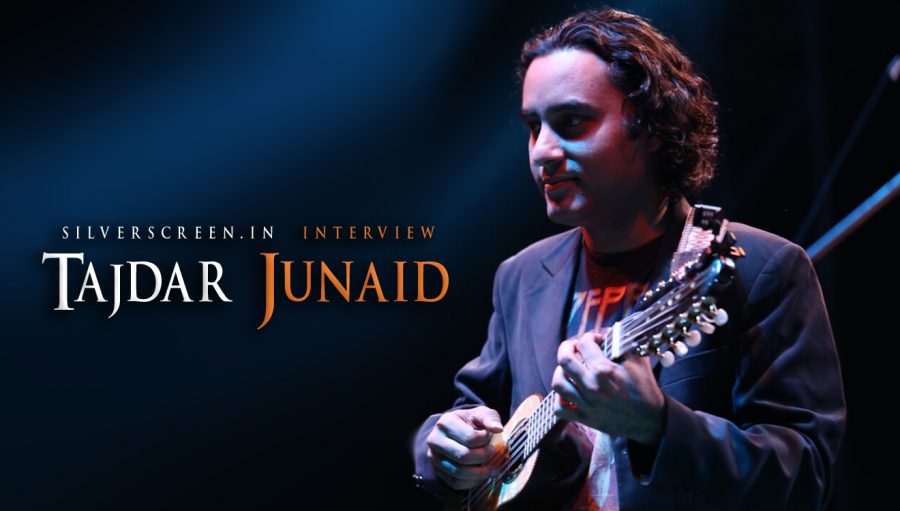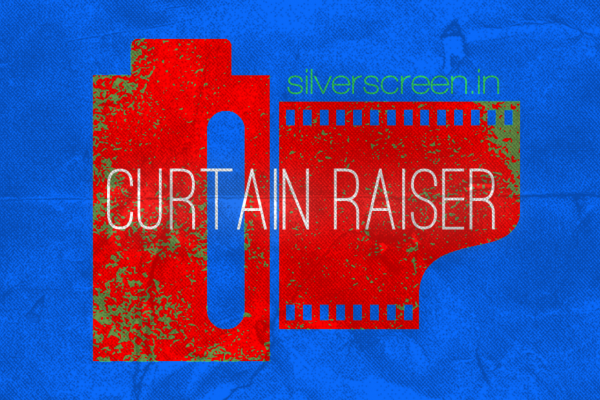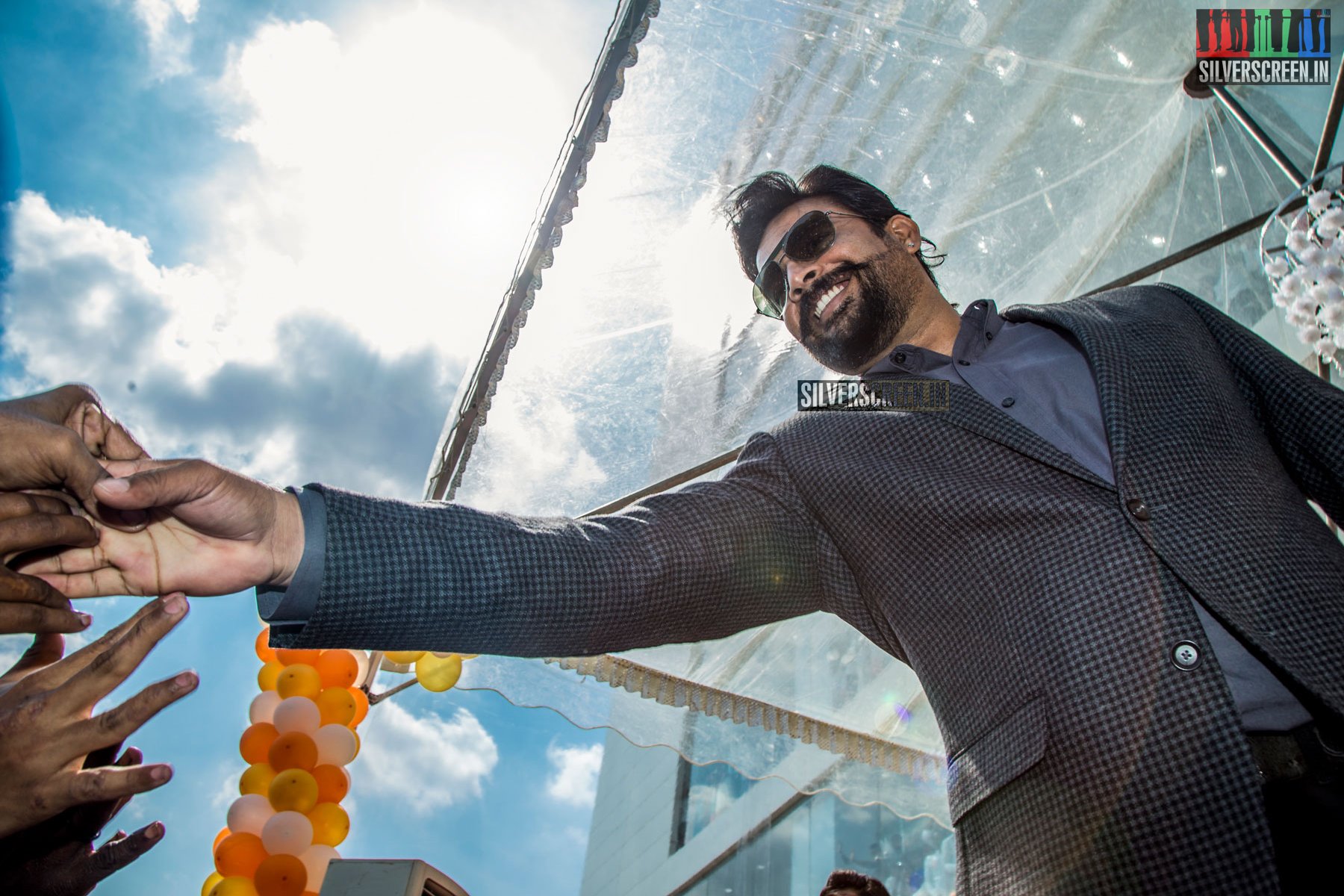Silverscreen catches up with multi-instrumentalist and composer Tajdar Junaid, whose maiden album ”What Colour Is Your Raindrop’ was a Rolling Stone Top Albums of 2013, and who has composed for Academy-award winning filmmaker Jeffrey Brown (Sold) and Iranian filmmaker Mohsen Makhmalbaf (The President).
One song in Tajdar Junaid’s maiden album, What Colour Is Your Raindrop, is “Aamna”, an ode to his little niece. The song is wordless. The visuals show a child stepping into a sunlit living room, caressing her toys, and silently conversing with the fish in the aquarium. The scene, wrapped in a deep sense of love and serenity, is both tender and soul-stirring.
Taj, one of the finest musicians in the country, is 37 years old. He was born and brought up in Kolkata and there he lives. A known name in indie music circuits, he has collaborated with stellar artistes from across the world. What Colour Is Your Raindrop (2013) was named in the Top Albums of 2013 by the Rolling Stone and Rock Street journals.
Tajdar describes the album as a “personal photograph” of all the sights and sounds that have shaped him – from the gaps between notes of Erik Satie to the wail of Albert King; from the serenity of Ustad Ali Akbar Khan to the innocence of Iranian cinema; this debut album is his journey through them all.
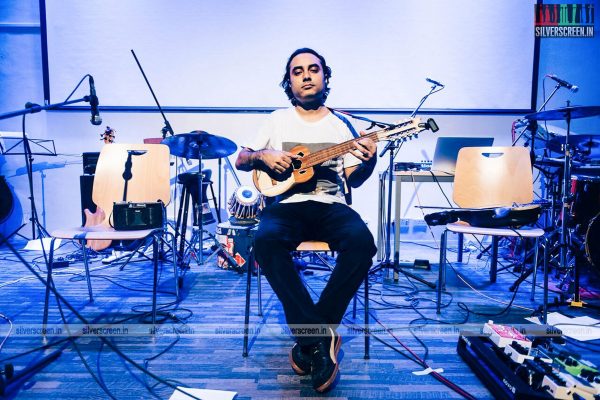
Most recently, he composed for Mukti Bhawan, a critically acclaimed Indian film that released in selected screens in April. His composition “Dastaan” was picked up by the masterful Iranian filmmaker Mohsen Makhmalbaf for The President in 2014.
Two of his compositions featured in Academy award-winning filmmaker Jeffrey Brown’s film, Sold, which had actor Emma Thompson as the executive producer. Jeff Brown heard Taj play a charango (a South American stringed instrument) at an informal concert in Kolkata in 2013, and asked him to be a part of the film. A RollingstoneIndia article quotes Brown as saying,”Tajdar’s charango music broke my heart with its sad beauty the first time I heard it.”
When I request him for an interview in early May, he says gently, albeit briefly, “I am working on my new album. Could you give me some time?”
The subsequent conversations too, are brief. I am reminded of one of Taj’s first interviews, which appeared in a niche magazine, where the interviewer described him as “a man of few words”. Even when I ask him about the range of instruments he plays with such skill, that too self-taught, he says in a typically unassuming manner, “You just need to be curious and keep your imagination open.”
Via an e-mail interview, Tajdar answers questions about his inspirations, his music journey, and Mukti Bhawan.
***
How did you become a part of Mukti Bhawan?
Shubhashish Bhutiani, the director of the film, had heard me play at a music session at a friend’s place. He got in touch with me later, and mentioned that he was developing the script for Mukti Bhawan. He said he listened to my album ‘What Colour Is Your Raindrop’ while writing the script.
When Bhutiani narrated the film’s story to me, I could emotionally connect to it. I knew that I had to create a theme music to reflect each character, and eventually the music should come together as one.
Who or what were your earliest inspirations?
My top four influences would have to be Ustad Ali Akbar Khan, the Beatles, all forms of blues music, and Chopin. I think I am more enamoured by the emotions and thoughts that these artists put into their music than the technical details. Ali Akbar’s intensity and passion, the gaps between notes that Chopin uses, the spirit of Blues musicians and the way the Beatles portray love.
Are you formally trained in music?
I took lessons from Amyt Datta, a very respected mentor, guitar player, and composer from Calcutta. Aside from that, I was just curious and always listening to lot of records.
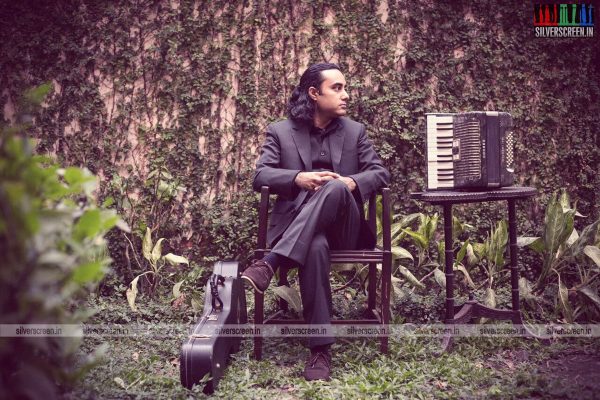
You worked with 18 musicians from across the world for that album. Why did you decide to do it? What was it to like to collaborate with such a variety of musicians? Did you meet them all?
I feel very fortunate to have some very talented musician friends from across the globe. There are 18 musicians on this album. Thanks to the Internet, these songs travelled all across the world to be recorded.
I heard Greg Johnson, who is a fantastic singer songwriter from NZ, USA on a CD when I was in high school and had barely begun to play the guitar then. I wrote an email to him appreciating his music and he wrote back surprised to know he had listeners in India.
We lost touch until about two years ago, when we exchanged some music again. He liked what he heard and asked me to play the guitar on one of his songs. And when I started recording my album, I knew that one of my songs, “Mockingbird”, would suit his voice perfectly.
I met Fred White (from the three-time Grammy-nominated UK band Acoustic Alchemy) through Soundcloud.com. We heard each other’s music and got excited about the idea of collaborating and mixing my album.
Vishal Nayak, who is an old friend from Calcutta, went to study music at the Berklee College of Music in Boston. He played drums on one of my songs sitting in his home studio in New York.
Anusheh Anadil, who is a fabulous singer from Bangladesh, sang a song too. Vache, who is from Armenia, played the traditional Armenian flute, duduk. Nitzan Sagie is a brilliant composer from Israel and I met him over Soundcloud.com. He contributed to the song “The First Year”.
It’s a beautiful surprise when the universe opens up its avenues to you and you end up collaborating and making music with people who you have never met in your entire life.
How did your collaboration with Mohsen Makhmalbaf happen?
I got in touch with Makhmalbaf after seeing his films and falling in love with them. Especially The Silence. I sent him my music purely out of respect. Little did I know I’d be doing music for him.
The DVD cover of What Name Is Your Raindrop has a photograph of a boy standing against the backdrop of Kolkata city. Who is he?
That is me around the age of four, in the place where I grew up. As a kid I used to be quite amazed by traffic policemen who could stop cars and huge vehicles with the wave of a hand. I was posing proudly with their wooden stick, thinking I was doing a great job. It was actually a strike day in Calcutta when my father took this photograph.
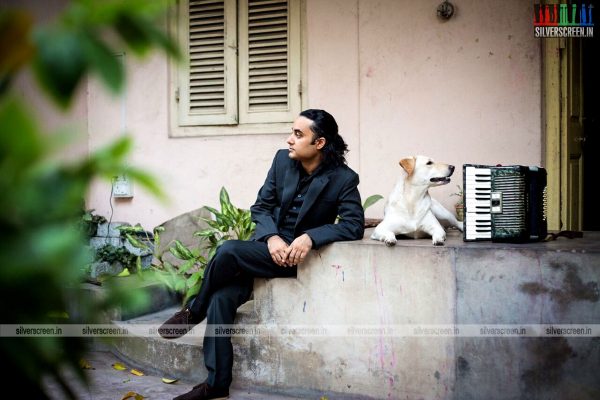
How do you strike a balance between working on music as a profession and as an art you love?
Your heart needs to be in the right place and if you are getting into projects, you should be clear about why are you doing it in the first place. That way there is less resistance between the head and heart.
Recommended
Do you feel hopeful about the indie music scene in India?
Things are much better, definitely. We need more honest listeners. We need people who can discern between tracks, and lip syncing versus real people playing their instruments.
Which is more exciting for you? Playing live or the process of creating music in a private space?
I absolutely love performing live. The thrill and energy is incomparable. It’s almost like living on the edge. Creating music for albums and films is a different kind of energy. It’s much more relaxed because you have ample time on your hands to think.
*****
The Tajdar Junaid interview is a Silverscreen exclusive.
Feature Image Courtesy: Ramanuj Das
